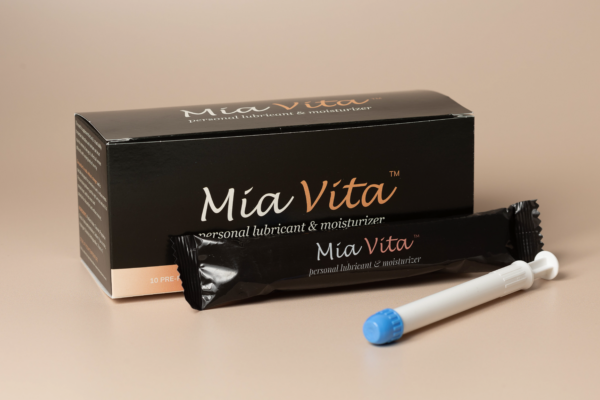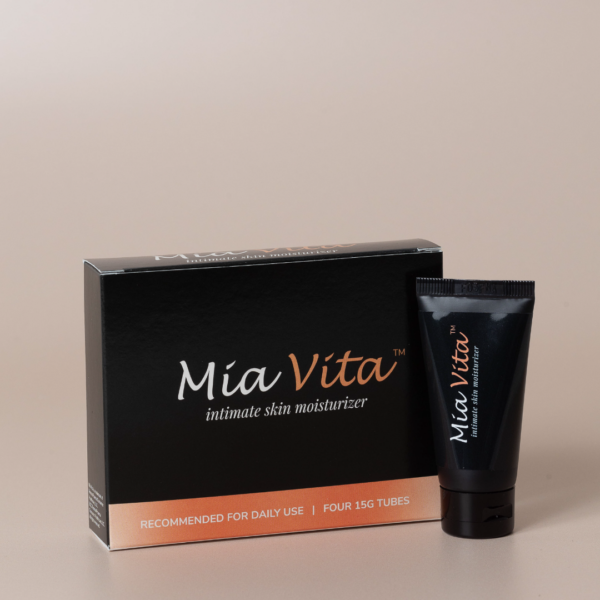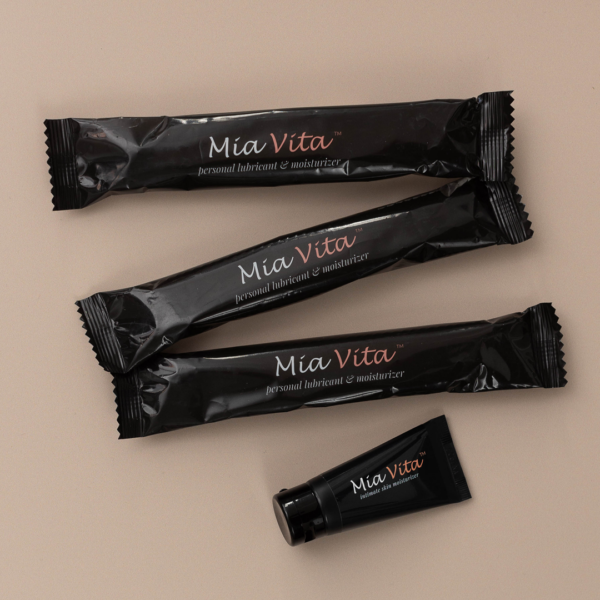
Walking into a women’s wellness aisle at the drugstore or seeing online ads for vaginal health products can raise a few questions. Do I need all of these products for my health? Am I missing out on a wellness trend by not using a vaginal cleanser or spray?
Lately, we’ve noticed an uptick in companies selling products for vaginal health that overlook safety and labeling requirements or promote claims with scant science behind them. Accurate information about women’s health and wellness is vital. It’s challenging enough to sift through marketing messages and trends to discern what’s helpful and what may cause harm.
So, what can you do when you’re thinking about purchasing a new vaginal health product? We explored the regulatory processes and standards for women’s health products so the next time a question about a product’s efficacy arises, you know what to look for.
Behind the scenes of vaginal health product promotion
Many companies promote products that claim to clean a woman’s vagina. Your vagina, however, needs to maintain a proper pH balance (slightly acidic) to keep out harmful bacteria and produce good bacteria. These good bacteria form the foundation of your vaginal microbiome. If a vaginal product has a too-high pH value, it can disrupt your vaginal microbiome and increase your risk of yeast, bacterial, and urinary tract infections. Gynecologists often describe the vagina as “self-cleaning” and recommend against using these products. It’s normal for vaginal discharge to have a slight smell, too, and requires no products to alter its scent.
If our vaginas are self-cleaning, why do companies market vaginal cleansing products to women? Societal pressure and marketing play a significant role. Many products use clever, science-oriented language and terms like “safe” and “gentle” to entice people to purchase. Some women are also taught a negative view of their vagina and that discharge and period blood are unhygienic or something to hide. Others may feel pressure for their vulva or labia to look or their vagina to smell a certain way.
Helpful products to manage your vaginal health
That said, certain products do play a role in managing vaginal health and uncomfortable symptoms. Vaginal dryness, for instance, impacts many women. There are many high-quality, research-backed products you can use that do not interfere with your vagina’s pH balance and can help reduce dryness and irritation. If you are experiencing uncomfortable symptoms like itching, burning, or pain when you urinate, it’s a good idea to visit your healthcare provider.
How the FDA and FTC Regulate Vaginal Health Products
So, how can you tell if a product might help or harm your vaginal microbiome? First, it’s essential to understand the regulatory and approval processes to create a vaginal health product.
The FDA (Food and Drug Administration) and the FTC (Federal Trade Commission) monitor health-related cosmetic products like vaginal cleansers. It’s the FDA’s job to make sure a company can back up a product’s claims (what it says on the label), while the FTC regulates advertising.
According to the FDA and FTC, a product’s claims must “be truthful, not misleading, and substantiated.” FTC standards also emphasize that a company needs to show scientific proof of its claims. If you’re curious about the FDA’s exact labeling requirements, you can read more about their rules and regulations here.
Understanding cosmetics versus drugs and product regulation versus approval
Health-related cosmetic products are only “regulated” by the FDA and FTC, whereas drugs and medical devices must be “approved.” Companies do not need to release a full list of ingredients for cosmetic products or follow strict production requirements (except in the case of color additives).
A product only requires FDA approval if it “affects the body’s structure or functions.” Drugs and medical devices that affect your body’s structure or function must undergo a lengthy approval process. For example, vaginal washes, sprays, and douches qualify as cosmetics. Lubricants, on the other hand, are considered medical devices and must meet stringent requirements before entering the market. Even so, many lubricants still contain pH-disruptive ingredients.
Whether a product falls under regulation or approval, a company maintains responsibility for the “safety and labeling” of all its products.
How can you tell if a vaginal health product is safe for use?
Before picking up a product at the store or clicking “add to cart,” the FDA recommends running down a quick product checklist, especially if you have lingering questions. The list includes:
- Talking with a knowledgeable friend or family member about a product’s claims
- Visiting the FDA website for more information
- Talking to a healthcare provider
Do your best to investigate how much research went into the product’s development and whether the company provides a complete list of ingredients. You can even go on a company’s website and visit their contact page to request more information about the product in question.
Good Manufacturing Practices
As you look into vaginal health products, keep an eye out for companies that adhere to Good Manufacturing Practices (GMP). Like FemmePharma, a company that follows GMP ensures high-quality and strict oversight from production to the final packaged product.
GMP also provides peace of mind that products “are neither adulterated or misbranded.” If a company’s products fall under the cosmetic category, it does not need to adhere to GMP standards but can choose to follow them. Products classified as drugs or medical devices must follow GMP standards and practices.
Protect your vaginal health by using safe products
Ensuring products you use on your vulva or vagina meet FDA, GMP, and FTC labeling and safety requirements helps protect your vaginal microbiome. Certain unregulated products can even create the very symptoms they claim to relieve in some women. That’s why maintaining good vaginal health starts with understanding your body’s needs and the products you use.
FemmePharma has been helping women navigate menopause for over two decades. No matter where you are in your journey, you deserve to have knowledgeable, intimate healthcare partners to help you feel your best. Explore our other articles, podcast episodes with women’s health experts, and products to ease your transition into menopause.


